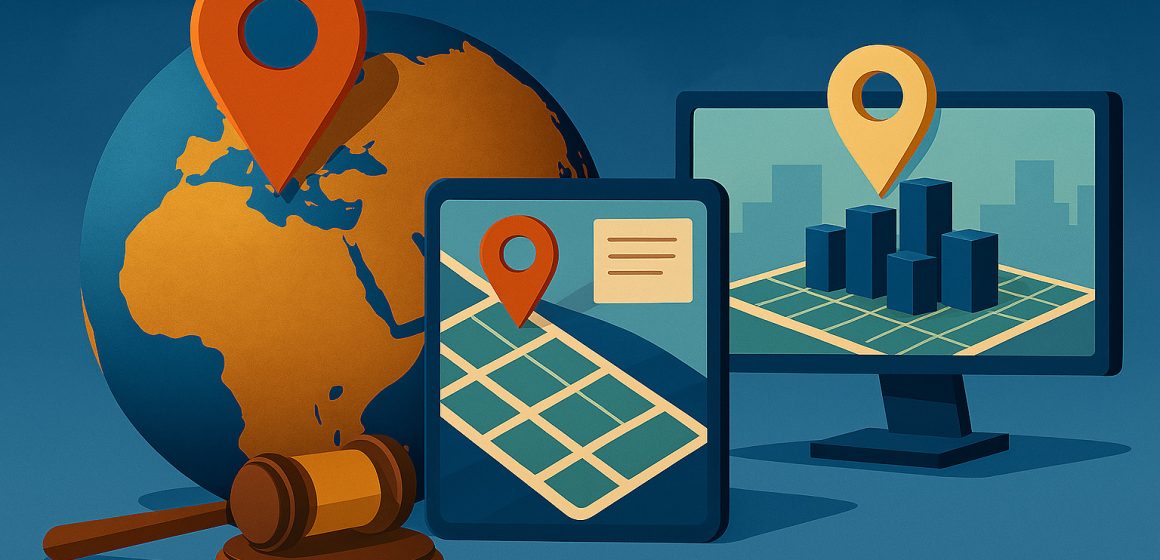Developed in accordance with the Department of Posts’ DHRUVA framework, the system enables real-time address creation, lookup, and visual verification.
Genesys, a leading homegrown geospatial technology company, has successfully integrated DIGIPIN—India’s standardised digital address layer—into its national 2D and 3D mapping platforms. This positions the firm at the forefront of building digital public infrastructure (DPI) for verified, geocoded address services.
Covering more than 400 million building footprints, 8.3 million km of road networks, and over 19,000 pin-code zones, the Genesys platform converts static location data into a dynamic and interoperable address ecosystem. Developed in accordance with the Department of Posts’ Digital Hub for Reference & Unique Virtual Address (DHRUVA) framework, the system enables real-time address creation, lookup, and visual verification.
“We’re building a bridge between mapped locations and real-world service delivery. Our platform ensures that every verified address can support smarter cities, faster logistics, and more transparent governance,” said Sajid Malik, Chairman, Genesys.
With DIGIPIN now active on its 2D national maps and 3D digital twin pilots underway in major cities, Genesys is powering the address intelligence layer of India’s DPI, joining Aadhaar for identity and UPI for payments in the core stack.
Processing Data into Actionable Intelligence
Genesys goes beyond conventional mapping by embedding DIGIPIN into immersive 3D digital twins. These spatial models connect verified address data to urban infrastructure, planning systems, and emergency response services. This transformation of address data into actionable spatial intelligence enables richer insights than traditional mapping tools.
At the heart of this innovation is Genesys’ AI-driven 3D digital twin platform, which provides a unified interface for secure, role-based access to verified geocoded addresses. Designed for interoperability at scale, it supports diverse governance entities including address information providers (AIPs), agents (AIAs), and users (AIUs). The platform facilitates address creation, validation, and integration across multiple systems.
Key capabilities enabled under the DIGIPIN and DHRUVA frameworks include digital address creation and management, consent-based data sharing, cross-platform integration, address-based service discovery, and legacy address reconciliation. Advanced features such as geofencing, visual validation, and suffix-based digital address IDs (e.g., storename@digipin) make the system intuitive and adaptable for use across government services, e-commerce platforms, and consumer applications.


